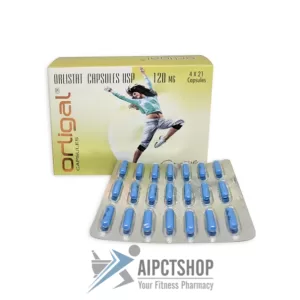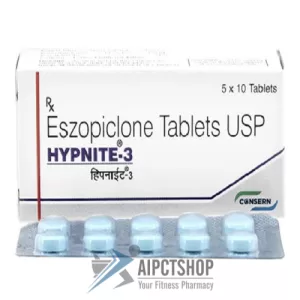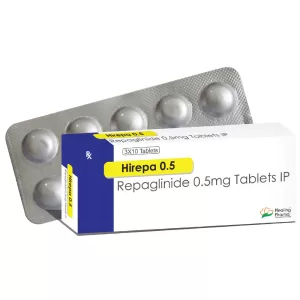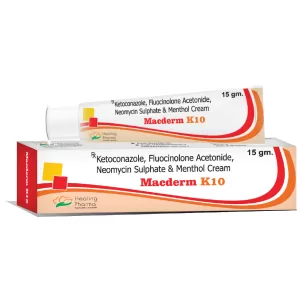Moxifloxacin Information
Pronunciation
moxs i FLOKS a sin
What is this drug used for?
? It is used to treat bacterial infections.
Frequently reported side effects of this drug
? Nausea
? Diarrhea
Other side effects of this drug: Talk with your doctor right away if you have any of these signs of:
? Kidney problems like unable to pass urine, blood in the urine, change in amount of urine passed, or weight gain
? Clostridioides (formerly Clostridium) difficile?(C. diff)-associated diarrhea like abdominal pain or cramps, severe diarrhea or watery stools, or bloody stools
? Tendon inflammation or rupture like pain, bruising, or swelling in the back of the ankle, shoulder, hand, or other joints
? Depression like thoughts of suicide, anxiety, agitation, irritability, panic attacks, mood changes, behavioral changes, or confusion
? Liver problems like dark urine, fatigue, lack of appetite, nausea, abdominal pain, light-colored stools, vomiting, or yellow skin or eyes
? High blood sugar like confusion, fatigue, increased thirst, increased hunger, passing a lot of urine, flushing, fast breathing, or breath that smells like fruit
? Low blood sugar like dizziness, headache, fatigue, feeling weak, shaking, fast heartbeat, confusion, increased hunger, or sweating
? Chest pain
? Fast heartbeat
? Trouble focusing
? Trouble with memory
? Abnormal heartbeat
? Passing out
? Dizziness
? Chills
? Severe loss of strength and energy
? Muscle pain
? Muscle weakness
? Nightmares
? Restlessness
? Sensing things that seem real but are not
? Seizures
? Severe headache
? Sore throat
? Shortness of breath
? Bruising
? Bleeding
? Tremors
? Trouble sleeping
? Abnormal gait
? Vaginal pain, itching, and discharge
? Thrush
? Vision changes
? Severe or persistent abdominal pain
? Severe or persistent chest pain
? Severe or persistent back pain
? Stevens-Johnson syndrome/toxic epidermal necrolysis like red, swollen, blistered, or peeling skin (with or without fever); red or irritated eyes; or sores in mouth, throat, nose, or eyes
? Signs of a significant reaction like wheezing; chest tightness; fever; itching; bad cough; blue skin color; seizures; or swelling of face, lips, tongue, or throat.
Medication Safety Issues
Sound-alike/look-alike issues:
Avelox may be confused with Avonex
Storage and Stability
Store at 25?C (77?F); excursions are permitted between 15?C and 30?C (59?F and 86?F). Avoid high humidity. Do not refrigerate infusion solution; discard unused portion.
Adverse Reactions
Central nervous system: Dizziness, headache, insomnia
Endocrine & metabolic: Decreased serum glucose, hyperchloremia, hypokalemia, increased serum albumin
Gastrointestinal: Abdominal pain, constipation, decreased amylase, diarrhea, dyspepsia, nausea, vomiting
Hematologic & oncologic: Anemia, decreased basophils, decreased red blood cells, eosinopenia, increased MCH, increased neutrophils, leukocytosis, prolonged prothrombin time
Hepatic: Decreased serum bilirubin, increased serum alanine aminotransferase, increased serum bilirubin
Immunologic: Increased serum globulins
Renal: Increased ionized serum calcium
Respiratory: Hypoxia
Miscellaneous: Fever








